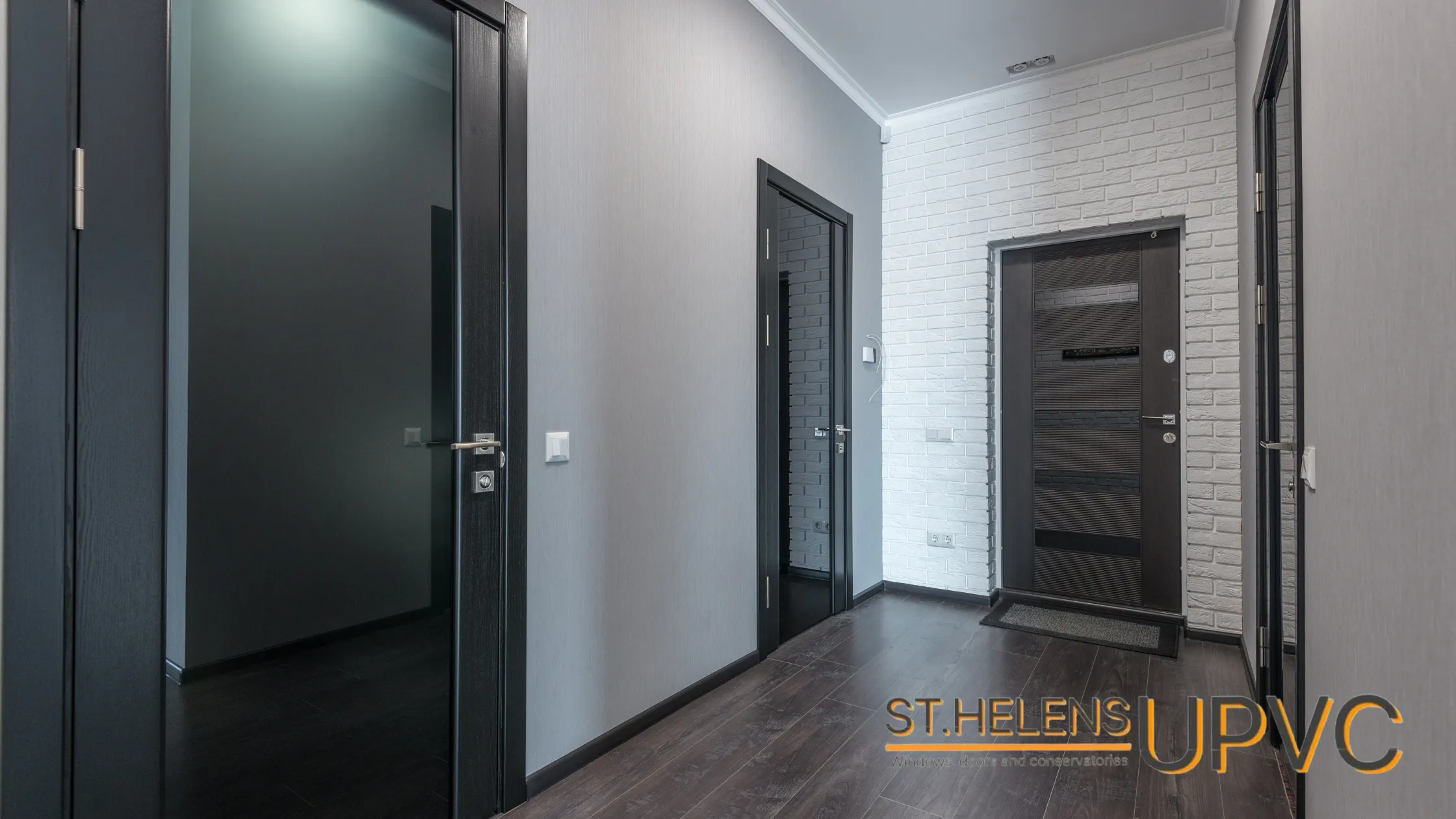The Difference Between UPVC and Composite Doors: Which One is Right for Your Home?

Choosing the right door for your home is an important decision, whether you’re upgrading your front entrance or fitting new doors throughout. Two popular options in the UK are UPVC doors and composite doors. But which one best suits your needs? In this article, we’ll explore the key differences between UPVC and composite doors, covering everything from materials and security to energy efficiency and cost—highlighting why UPVC doors offer excellent value for many homeowners.
What Are UPVC and Composite Doors?
Before diving into the differences, let’s define each door type:
UPVC doors (unplasticised polyvinyl chloride) are crafted from a durable plastic material known for being lightweight, affordable, and low maintenance. They are commonly used for front and back doors, as well as patio doors, and are especially popular due to their weather resistance and cost-effectiveness.
Composite doors are made from multiple materials combined under high pressure, usually featuring a solid timber core with an outer layer like glass-reinforced plastic (GRP). This design aims to deliver strength, durability, and insulation by combining the best qualities of several materials.
Appearance and Style Options
Both UPVC and composite doors offer modern and traditional designs, but there are some key differences:
UPVC Doors
- Available in various colours and finishes, though typically with a more sleek, practical appearance.
- Some UPVC doors mimic the look of wood grain, providing a stylish, low-maintenance alternative to wood.
Composite Doors
- Known for a high-end, realistic timber appearance and premium finish.
- Offer more customisation options, including woodgrain textures and detailed hardware for a luxury look.
Verdict: If aesthetics are a top priority, composite doors provide a premium look. However, UPVC doors remain a practical and stylish choice, perfect for homeowners seeking an affordable solution that complements various home styles.
Security
When it comes to home security, both doors offer strong protection, though composite doors have additional durability.
UPVC Doors
- Equipped with multi-point locking systems that enhance security.
- Although made from a single material, UPVC doors still provide excellent security for standard home needs.
Composite Doors
- Constructed with reinforced materials and a solid timber core, making them highly resilient.
- Often include PAS 24 certification for enhanced security.
Verdict: While both doors provide solid protection, UPVC doors offer excellent security for a lower cost, making them a great choice for budget-conscious homeowners.
Energy Efficiency
Energy efficiency is essential for maintaining a comfortable home while reducing heating costs.
UPVC Doors
- Known for their superior thermal insulation properties, particularly when paired with double-glazed panels.
- Multi-chambered designs help reduce heat loss, ensuring better insulation.
Composite Doors
- Also known for energy efficiency due to their layered construction.
- Typically offer slightly better U-values (lower values mean better insulation) than UPVC doors.
Verdict: UPVC doors are highly energy-efficient and can provide effective insulation, particularly with quality double glazing—offering excellent energy savings at a lower price.
Durability and Maintenance
Both UPVC and composite doors are designed for long-lasting performance, but UPVC doors are particularly valued for their low maintenance.
UPVC Doors
- Highly resistant to rust, rot, and warping, making them a durable choice for the UK climate.
- Require minimal maintenance—just a quick wipe down to keep them looking fresh.
Composite Doors
- Durable and weather-resistant, withstanding harsh conditions without fading or cracking.
- Typically maintain their appearance longer, but require occasional care.
Verdict: UPVC doors are low-maintenance and durable, making them an ideal choice for busy households and homeowners looking for easy upkeep.
Cost Comparison
Price is often a deciding factor for homeowners, and UPVC doors generally offer a more affordable solution.
UPVC Doors
- Provide a budget-friendly solution without sacrificing quality.
Composite Doors
- Higher initial cost, depending on design and features.
- Considered a premium investment for those seeking extra durability and aesthetics.
Verdict: If budget is a concern, UPVC doors offer excellent value with quality and durability, making them the perfect option for cost-conscious homeowners.
Which Door Should You Choose?
The choice between a UPVC door and a composite door ultimately depends on your needs, budget, and preferences.
Choose UPVC doors if:
- You want an affordable, low-maintenance option that still offers durability and energy efficiency.
- You’re upgrading a back door or looking for something practical for daily use.
Choose composite doors if:
- You prioritise high-end aesthetics, added security, and superior longevity.
- You’re investing in a premium front door that will make a statement.
Final Thoughts
Both UPVC and composite doors have their pros and cons, and the right choice depends on what you value most. If you’re looking for a cost-effective, easy-to-maintain door that performs well, UPVC doors are a smart and practical option. However, for those seeking a luxury appearance, composite doors may be worth the extra investment.
Before making a final decision, consider getting multiple quotes and checking the warranty and performance guarantees offered by different suppliers. Whatever you choose, both door types can enhance your home’s style, security, and energy efficiency—making it a worthwhile investment.
